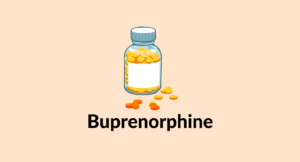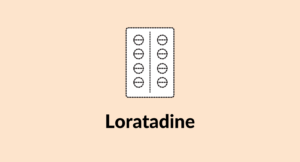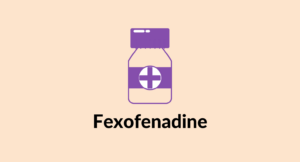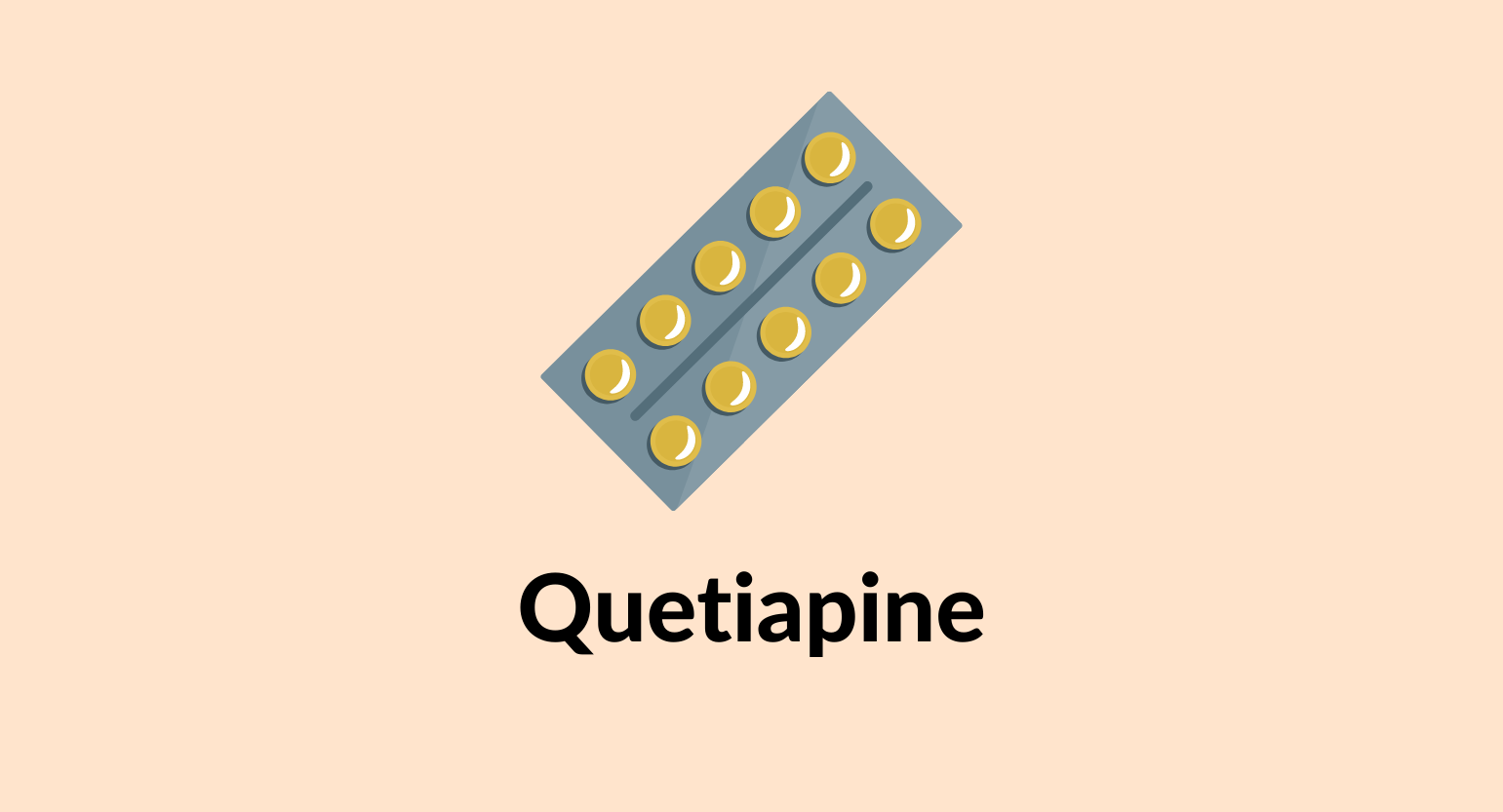
Does CBD Interact With Quetiapine (Seroquel)?
Information on risks & possible interactions between CBD & quetiapine.
Cannabidiol (CBD) is one of the main compounds found in the plant Cannabis sativa. The use of CBD has skyrocketed in recent years due to its wide range of health benefits.
However, CBD could lead to complications if used together with other medicines like quetiapine (Seroquel).
Learn how CBD and quetiapine could interact and whether or not you should avoid this combination.
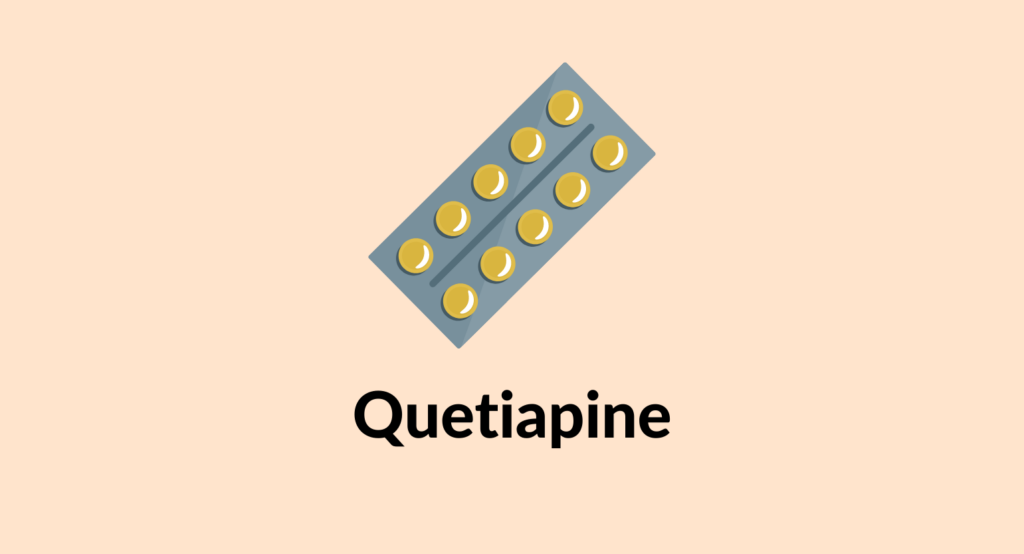
Does CBD Interact With Quetiapine?
CBD in combination with antipsychotic medicines like quetiapine (Seroquel) carries a low to moderate risk.
The main issues with this combination are an increased effect of quetiapine (leading to side effects) and metabolic interactions (slowed breakdown of both compounds). Therefore, the most considerable risk comes from using quetiapine and CBD together for long periods.
If using CBD every once in a while (less than four days per week), adverse drug interactions are unlikely.
1. Increased Effect (Agonistic Interaction)
An agonistic interaction occurs when two or more substances exhibit the same effect on the body. These medicines may act on the same or different receptors, but they produce certain effects in the same direction when consumed together.
When CBD is taken in conjunction with quetiapine (Seroquel), its depressant effects on the central nervous system (CNS) and respiratory may be additively or synergistically increased in patients, especially in the elderly.
These two medicines enhance each other’s actions, which could be strong enough to cause more harm than good.
With this interaction, sedation and impairment of attention, judgment, thinking, and psychomotor skills may also become more pronounced.
Patients need to exercise caution and should only take these medicines together under the close monitoring of a physician.
2. Metabolic Inhibition (Delayed Elimination)
The majority of drugs are metabolized in the liver by a family of enzymes called cytochrome P450 complex. Drug metabolism is an essential process in which these enzymes break the drugs into smaller metabolites that are excreted through urine.
CBD and quetiapine (Seroquel) are metabolized by the same sets of these enzymes (mainly CYP3A4).
CBD may compete for or interfere with these enzymes, leading to altered concentration (either too low or too high) of Seroquel in the body. Such an interaction is called metabolic competition. It is the most common type of interaction between CBD and other medications.
This effect becomes more apparent over long periods — so if you’re using CBD daily, metabolic inhibition could lead to higher serum levels of both substances. Eventually, this could reach a tipping point.

Is It Safe to Take CBD & Quetiapine (Seroquel) Together?
The safety profile of CBD is well-established, with extensive clinical research showing that it’s safe and well-tolerated while rarely producing any serious side effects.
It isn’t unusual for patients to look for ways to incorporate CBD with antipsychotic medicines like quetiapine (Seroquel) because of the similar health benefits of both substances — primarily in the treatment of depression, post-traumatic stress disorder (PTSD), and anxiety.
However, one must always be cautious while consuming these medicines together, especially over long periods.
Talk to your physician about your intention to use CBD or other cannabinoids alongside quetiapine. Your doctor will be able to provide more specific advice about your unique situation and may even want to lower the dose of quetiapine to account for the effects of CBD.
Related: How to Talk to Your Doctor About CBD
Is CBD a Viable Alternative to Quetiapine (Seroquel)?
CBD interacts with the endocannabinoid system (ECS), which is located throughout the body. It regulates numerous aspects of homeostasis (balance) — including temperature regulation, pain transmission, hormone levels, nerve transmission, satiety, and more.
Some of these benefits might help regulate the underlying cause for depression or anxiety — it might prove to work as an antidepressant and anxiolytic [1]. However, these effects are entirely different from quetiapine (Seroquel).
For some people, CBD or other cannabinoids offer enough support to manage mild to moderate depression [2]. This doesn’t mean it’s equivalent to quetiapine, a potent antipsychotic medication that targets serotonin reuptake.
If you’re already using quetiapine, you must speak to your doctor before trying something else.
First of all, suddenly stopping quetiapine can lead to adverse side effects — taper off this medication slowly.
Secondly, quetiapine and other antipsychotics can take several weeks or months to work. Just because it isn’t working from the start doesn’t mean it isn’t doing its job.
Some common quetiapine (Seroquel) withdrawal symptoms include:
- Nausea and Vomiting
- Restlessness
- Agitation
- Diaphoresis
- Irritability
- Anxiety
- Dysphoria
- Sleep disturbance/ Insomnia
- Tachycardia
- Hypertension
- Dizziness
- Withdrawal dyskinesia: abnormal choreiform movements with confusion and speech disturbance.
What Is Quetiapine (Seroquel)?
Quetiapine is the drug name for Seroquel. It’s a psychotropic medicine of the class “atypical antipsychotics,” which is commonly prescribed to treat schizophrenia, bipolar disorder, and major depressive disorder.
Quetiapine (Seroquel), like other atypical antipsychotics, works by rebalancing certain neurotransmitters of the brain, such as dopamine and serotonin, by affecting the ability of these compounds to be reabsorbed into the neuron where they are then destroyed.
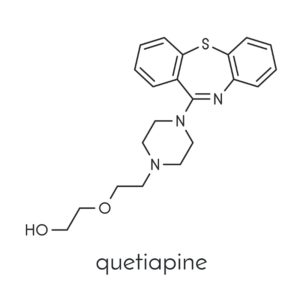
Quetiapine (Seroquel) Specs:
| Drug Name | Quetiapine |
| Trade Name | Seroquel, Seroquel XR, Tenprolide |
| Other names (other generics) | Quetiapine |
| Classification | Atypical Antipsychotics, Benzothiazepines |
| CYP Metabolism | CYP3A4 |
| Interaction with CBD | Agonistic (Increased effects) |
| Risk of Interaction | Mild to Moderate |
What Does Quetiapine (Seroquel) Do?
Quetiapine (Seroquel) is indicated in the treatment of schizophrenia and bipolar disorders. It’s also used as an adjunct to other treatment modalities of major depressive disorders.
In the human body, quetiapine works by influencing the release of neurotransmitters such as dopamine and serotonin, among others. Although the exact way it acts on the body is still a subject of clinical studies, various complex mechanisms might be involved.
The first mechanism is by acting as an antagonist of dopamine D1 and D2 receptors.
Dopamine is a signaling molecule in the brain that plays an important role in motor control and thinking abilities. Quetiapine binds to dopamine receptors, thus preventing dopamine from binding to its receptor, interfering with its function.
Blocking the D2 receptor in different CNS pathways is indicated in the treatment of schizophrenia for negative and positive symptoms. Increased dopamine in these pathways is associated with schizophrenia.
Seroquel has a strong affinity for the serotonin (5-HT2) receptor. It mediates its pharmacological effect mainly by blocking serotonin receptors(5-HT2). Inappropriate binding of serotonin, another signaling molecule in the brain, to the 5-HT2A receptor plays a role in psychiatric disorders, such as schizophrenia and depression [3].
It is also possible that the anti-anxiety and antidepressant properties of both quetiapine (Seroquel) and its active metabolite norquetiapine are due to the norepinephrine transporter (NET) inhibitory potential and partial agonist activity at the serotonergic 5 HT1A receptor, respectively.
Its anti-serotonergic properties reportedly mediate this antidepressant activity.
What Are the Side Effects of Quetiapine (Seroquel)?
As with any antipsychotic drug, quetiapine correlates with an increased risk of death in dementia-related psychosis in elderly patients.
Likewise, quetiapine’s use gives rise to a long list of unwanted side effects.
Common side effects associated with quetiapine include:
- Abdominal discomfort
- Blurred vision
- Constipation
- Dizziness or lightheadedness
- Dry mouth
- Orthostatic hypotension
- Somnolence (sleepiness)
- Tiredness
- Weight gain
Some serious side-effects are also associated with its use.
You should seek immediate medical attention if they present with the following symptoms after taking this medicine:
- Allergic reaction
- Constipation with persistent abdominal pain
- Difficulty urinating
- Dysphagia (difficulty swallowing)
- Enlarged breasts (males)
- Fainting, seizure, severe dizziness
- Hyperglycemia
- Hyperprolactinemia
- Inability to produce sperm
- Neuroleptic malignant syndrome (NMS)
- Persistent nausea or vomiting
- Priapism (painful erection)
- Sleep apnea
- Suicidal thoughts
- Tardive dyskinesia
- Yellowing of eyes or skin
Patients must seek immediate medical attention on the emergence of any such severe side effects after ingesting quetiapine (Seroquel).
Precautions While Taking Quetiapine (Seroquel)
The following issues need to be discussed with the treating physician while consuming Seroquel for your health condition:
1. Pregnancy
Quetiapine (Seroquel) is a Pregnancy Category C medication. This means its safety or effectiveness in pregnancy isn’t established yet. Hence, the patients must notify their physician if they become pregnant or intend to become pregnant before or during therapy.
2. Nursing/Breastfeeding
Patients should abstain from breastfeeding if they are taking quetiapine as part of their treatment regimen.
3. Other Medications
If the patient is on or plans to take any prescription or over-the-counter drugs, it must be discussed with their physician due to the risk of potential interactions.
4. Orthostatic Hypotension
Consuming quetiapine carries a significant risk of developing orthostatic hypotension, especially during the 3-5 day period of initial dose titration and also at times of re-initiating treatment or increment in dosage. One must be aware of these side effects before taking this medicine.

Key Takeaways: Is It Safe to Take Seroquel With CBD?
Quetiapine (Seroquel) and CBD can be effective in treating schizophrenia, mood disorders, and other mental health conditions. However, as the same enzyme metabolizes these two medicines, these can interact easily, leading to adverse effects.
If anyone is willing to use alongside or replace quetiapine with CBD, they must do it under the supervision of a physician. During the concomitant use of these drugs, patients should be monitored for potentially excessive or prolonged CNS and respiratory depression.
Cautious dosage titration may be required, particularly at the beginning of the treatment. Patients should avoid complex activities requiring mental alertness and motor coordination, such as operating machinery, driving, etc., until they know how these agents affect them. Patients must notify their physician if they experience excessive or prolonged CNS effects that interfere with their normal activities.
References
- García-Gutiérrez, M. S., Navarrete, F., Gasparyan, A., Austrich-Olivares, A., Sala, F., & Manzanares, J. (2020). Cannabidiol: a potential new alternative for the treatment of anxiety, depression, and psychotic disorders. Biomolecules, 10(11), 1575.
- Bonaccorso, S., Ricciardi, A., Zangani, C., Chiappini, S., & Schifano, F. (2019). Cannabidiol (CBD) use in psychiatric disorders: a systematic review. Neurotoxicology, 74, 282-298.
- de Angelis, L. (2002). 5-HT2A antagonists in psychiatric disorders. Current opinion in investigational drugs (London, England: 2000), 3(1), 106-112.
Signup to our newsletter
Be the first to know about our newest arrivals and special offers!





